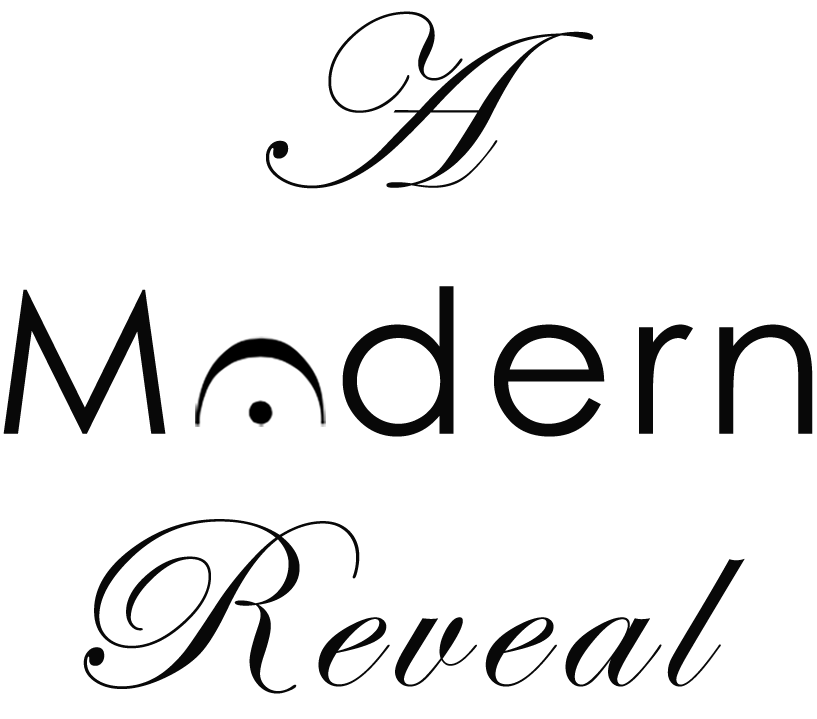BIOGRAPHY MUSIC RECORDINGS SOURCES
Sophie Gail (Edmée Sophie Garre) a fine singer, accompanist, and composer, lived her short life in Paris. Her father was a famous Parisian surgeon who served the king; her mother had several important positions in the king’s administration. Gail was overtly musical and began studying piano and composing her first song when she was 14. Some of her songs can be found in the song magazines of Louis de la Chevardière and Antoine Bailleux. She studied music theory with F. J. Fetis and Sigismund Neukomm. Her singing teacher, Bernardo Mengozzi, a professor at the Conservatory, prepared her for a concert tour in England, Spain, and southern France. To perfect her skills, Gail held salons back in Paris so she could be surrounded by other musicians while working on her music and performing.
Renowned for writing romances, solos, duets, and ensembles for voice, Gail also composed four one-act operas, the most successful being Les deux jaloux, performed 196 times at the Théatre Feydeau at the Opéra-Comique. The popular opera-comique, La Sérénade, an important and successful collaboration with Sophie Gay a fellow pianist and composer, ran for 66 performances. Arias from this piece were even published separately and often sung successfully. Castile-Blaze praised both operas as “the best works in this genre that flowed from the pen of a woman.” Gail and Gay were the last women opera composers to have benefited from the empowering effects of Revolutionary times. The next generation of composers saw much greater repression.
Gail married Jean Baptiste Gail when she was 18-years-old and had a son, Jean Francois, a song writer and music critic. She eventually separated from her husband and never remarried. During the French Revolution, Gail depended on her contacts and collaboration with others to continue working as a professional musician. She died prematurely, only a year after the premiere of La Sérénade.

